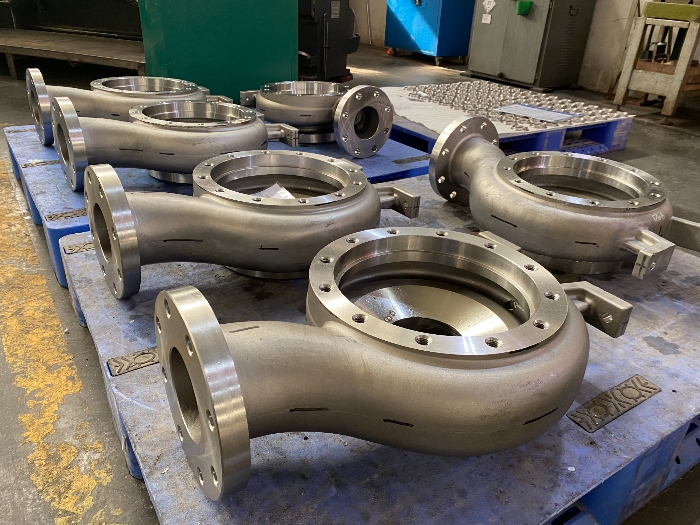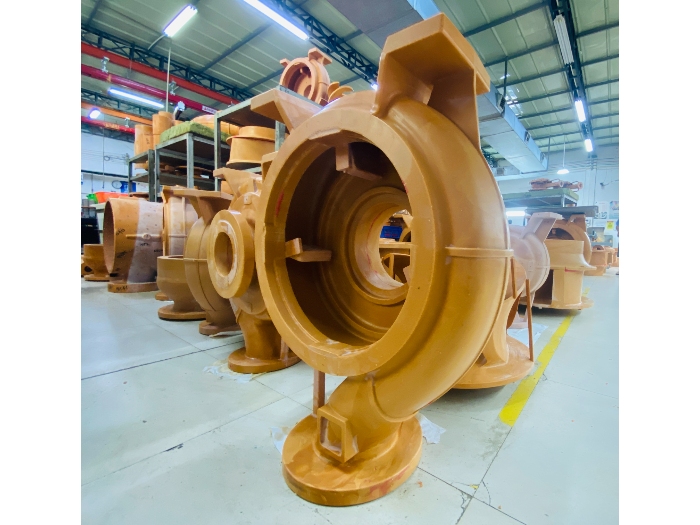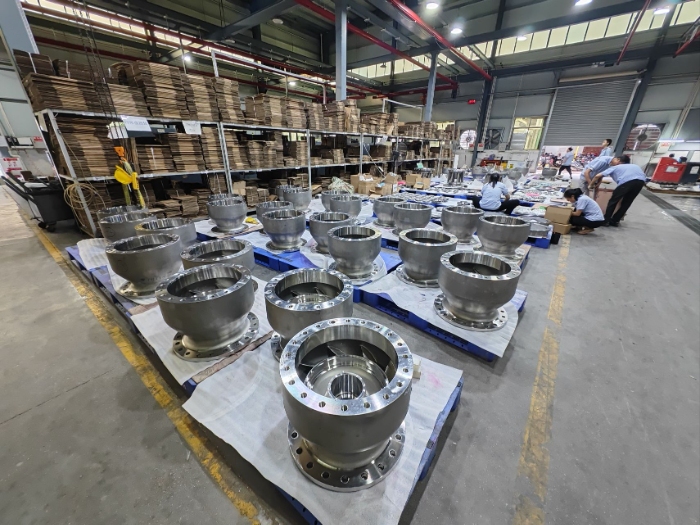-
Address
Wangjiang, Xingtian No 2 Rd, Xingning, Meizhou City, Guangdong Province, China.
- Email:enquiries@apalloy.com
- Phone:+86 0753 3354369
- WhatsApp: +86 18813765785

Working of a Centrifugal Pump:- Any machine that provides energy to a fluid is termed as a pump. Generally, in pumps, electrical energy is converted into hydraulic energy. Pumps are energy absorbing devices since energy is supplied to them and they transfer most of that energy to the fluid.

Factors Influencing Centrifugal Pump Efficiency
The efficiency of a centrifugal pump is influenced by several factors including the design of the pump, the size and shape of the impeller, the clearance between the impeller and the pump casing, and the viscosity of the fluid being pumped. The efficiency is also affected by the speed at which the pump operates and the flow rate it is handling. Any deviation from the pump's optimal conditions can cause efficiency losses due to factors such as turbulence, recirculation, and flow separation.
Another critical factor is the condition of the pump components. Wear and tear over time, such as erosion of the impeller or casing, can lead to a drop in pump performance. Additionally, the alignment between the pump and its driver, and the quality of the maintenance practices in place are also crucial for sustaining high levels of efficiency.

Here are some examples of centrifugal pumps in different industries:
1. Chemical Industry: Centrifugal pumps are used to handle various chemicals, including acids, bases, and solvents. They are employed for transferring chemicals between storage tanks, reactors, and processing units.
For example, in a petrochemical plant, a centrifugal pump might be used to pump crude oil or refined products.
2. Water and Wastewater Treatment: These pumps are crucial for moving water during purification and sewage treatment processes.
In a water treatment plant, a centrifugal pump can be used to transfer treated water to storage reservoirs or distribution networks.
3. Agriculture: They are used for irrigation systems to pump water from wells or reservoirs to fields.
A centrifugal pump might be used in a large farm to supply water for crop irrigation.
4. Oil and Gas Industry: For transporting crude oil, refined petroleum products, and natural gas liquids.
At an oil refinery, centrifugal pumps help in moving different grades of oil.
5. Power Generation: In cooling systems of power plants to circulate water for heat dissipation.
Centrifugal pumps ensure a continuous flow of cooling water in a thermal power plant.
6. Mining Industry: To pump slurries containing minerals and water.
In a mining operation, they can be used to transfer ore slurries for processing.
7. HVAC (Heating, Ventilation, and Air Conditioning) Systems: Circulate chilled or hot water for temperature control.
In large commercial buildings, centrifugal pumps are part of the HVAC system to provide comfortable indoor conditions.

Wangjiang, Xingtian No 2 Rd, Xingning, Meizhou City, Guangdong Province, China.